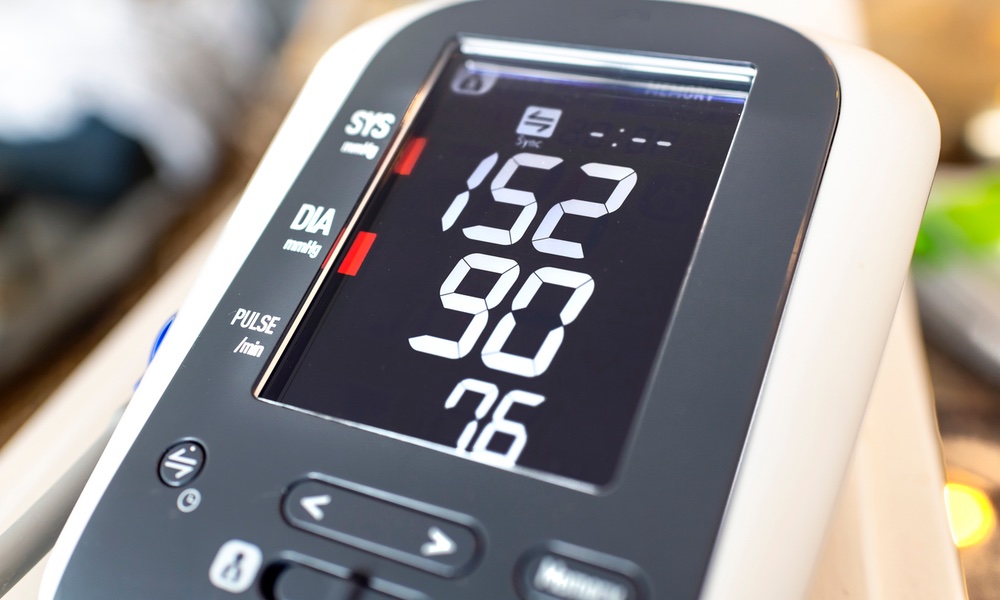Parenting can be stressful and children often do things that make us mad, disappointed, or worried. The trick is responding effectively. The stakes just get higher as children reach adolescence.
The problems associated with physical punishment are well known, but even parents who would never dream of hitting their kids may still resort to shouting at them when they are pushed to the limit.
Simply put, we yell at our children to try to get them to stop doing things we don't like by making them feel bad about themselves or what they are doing.
The fallout from this kind of harsh verbal discipline is actually far greater than parents may suspect, however. The findings of a recent study on the subject are likely to encourage parents who yell at their kids to rethink their discipline strategies.
Few, if any, parents start out yelling at their children. It usually develops as children misbehave, parents react with harsh verbal discipline, children react with worsening behavior, and parents escalate their yelling and criticism. Often the cycle spins out of control.
“It's a vicious circle,” author Ming-Te Wang said in a statement. “And it's a tough call for parents because it goes both ways: problem behaviors from children create the desire to give harsh verbal discipline, but that discipline may push adolescents toward those same problem behaviors.”
Harsh verbal discipline or HVD is defined as “psychological force with the intention of causing a child to experience emotional pain or discomfort for the purposes of correction or control of misbehavior.” Simply put, we yell at our children to try to get them to stop doing things we don't like by making them feel bad about themselves or what they are doing.
The researchers wanted to know what the consequences are when we yell at our children when they misbehave. Does it improve their behavior? How does it make them feel about themselves? Isn't yelling less damaging than hitting or spanking?
Most parents have been there. One study found that 90% of American parents reported one or more episodes of using HVD towards their children. Parents often shift from physical discipline, hitting or spanking, to verbal discipline when their children enter adolescence.
Shouting makes kids feel that they do not have the love and support of important people in their lives.
Wang and his co-author, Sarah Kenny, found that harsh verbal discipline is often linked with increased conduct or behavior problems, increased levels of aggression, and interpersonal problems in children. When parents aggressively yell at their teenagers, the teens feel rejected and that their parents dislike them.
When parents act hostilely towards their children, the teens tend to become angrier, more irritable and more belligerent. Rather than feeling nurtured, the teen frequently becomes suspicious of his or her angry parents and feels the need to defend him- or herself. This often leads to bad behavior.
Sometimes, harsh parenting and positive parenting styles occur together in families.
Harsh verbal discipline also increases depression. This may be because the children believe that they are as “useless,” “worthless,” or “inferior,” as their parents’ harsh criticism might suggest. The teens become overly self-critical and develop negative self-images and low self-esteem. This can be the start of a pattern of poor choices regarding peers and behavior.
Sometimes, harsh parenting and positive parenting styles occur together in families. Positive parenting means that parents express warmth, comfort, concern and affection towards their children and are responsive to their physical and emotional needs. Such behaviors encourage the children to interact more with their parents and to reciprocate the feelings of warmth and love. They want to please them by acting appropriately and meeting their expectations. This parenting style is associated with fewer behavior problems and researchers have wondered whether positive parenting can decrease the negative impact on harsh verbal discipline when they occur in the same relationship.
They recruited 976 adolescents ages 13-14 from 10 public middle schools in Pennsylvania. All participants lived in two-parent families. The children and their families were evaluated first during 7th grade and again during 8th grade, a year later.
The students were assessed for conduct problems with questions such as: how often have you been disobedient in school, lied to your parents, stolen from a store, been involved in a gang fight, or damaged public or private property for fun?Even when children perceived their parents as generally supportive and loving, the effect of harsh words remained as strong as children who did not feel consistently loved by their parents.
Parents were asked: how often in the past year, after your child has disobeyed you or done something wrong, have you shouted, yelled or screamed at the child, swore or cursed at the child, called the child dumb, lazy or another derogatory adjective?
Questionnaires about the love, emotional support, affection and care between parent and child offered a picture of the warmth of the relationship. For example, children were asked whether their mother/father cares about them or can be depended upon when they have problems.
Parents filled out questionnaires which measured their own depression and stress and answered questions relating to the use of physical discipline.
Data were also collected about parental education, family income, ethnicity, and other social and demographic factors.
The data showed that the higher the level of parental harsh verbal discipline at age 13, the more conduct problems the children showed a year later at age 14. It did not matter whether the harsh discipline was coming from mothers or fathers. The negative effects of harsh verbal discipline were not moderated by parental warmth. So even when children perceived their parents as generally supportive and loving, the effect of harsh words remained as strong as children who did not feel consistently loved by their parents.
Higher levels of parental discipline also lead to increased symptoms of depression in children. This effect too was not decreased by parental warmth.
The conclusions were clear. Yelling doesn’t help. Harsh verbal discipline not only isn’t effective, it actually makes things worse and creates potentially long-lasting psychological problems for the children and damages parent-child relationships.
Unfortunately, being the warm parent you want to be after a verbal blow-out can't undo the damage. Verbal punishment eats away at a child’s willingness to trust his or her parent. Those kind words are harder to believe when a child has heard harsh ones spoken in anger. Using derogatory words and phrases that rob a child of her positive self-image and erode his self-esteem leads to worsening behavior and mood.
Verbal punishment eats away at a child’s willingness to trust his or her parent.
Parents, you are not alone. You can turn to health care providers for advice about the teenage years the same way they looked for help with issues of toilet training, early nutrition, and sleep problems. Parenting programs can also help parents learn alternatives to harsh verbal discipline.
Parents who want to change the behavior of their teenage children would do better to communicate with them on an equal level, explaining their worries and rationale to them.
It is up to you, the parent, to recognize and put a stop to the escalating and vicious cycle of parental harsh discipline and adolescent misbehavior and negative attitude. Parents may need help to determine if individual or family counseling or other professional intervention would be appropriate to deal with dysfunctional parent-child dynamics or out-of-control teens.
The study is published in the journal, Child Development.





